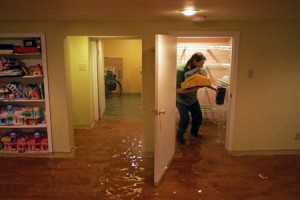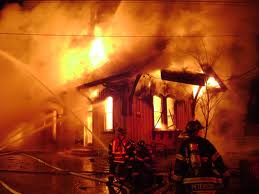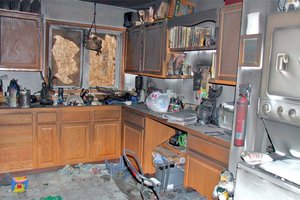Dallas Commercial Roofing Company – Building Permits Explained!
Dallas Commercial Roofing Company – Building Permits Explained!
Residential vs. Commercial Roofing Permits
When you’re preparing to getting new roof on your residential home or your commercial building it is very important to understand the line that is drawn between permits required for the projects. In both cases, installation of the product, while both may end up being the same result in the end, could not be further apart when it comes to the preparation necessary before starting your roofing project. Let’s draw the distinction between commercial roofing permits and residential roofing permits.
Residential roofing permits
Residential roofing does not require a permit to install a new roof, except for in certain cases. The process is somewhat informal wherein you decide what type of product and color you would like on your home. No additional paperwork is necessary except to work out the details as to who is going to install it. It is usually only necessary to obtain a permit for a residential roof installation when you are changing some of the framing under the roof. Because no permit is required to install a residential roof, you can use almost any product available on the market, keeping in mind that putting on an extremely heavy roof without an engineer checking out the framing of your house for load capacity is probably a very bad idea.
Commercial Roofing Permits
Commercial roofing projects require a permit 100% of the time. With commercial roofing, you need to draw up a plan of specifically what is you would like on your commercial property, the overall idea of how it should be installed, or what it is you’re trying to achieve, and then you’re plan should be submitted to an architect or engineer for approval. The architect or engineer will look over the commercial structure, consider the materials that the building is made of, and formulate a plan that will work with your roofing system. Changes and specifications are made by the architect or engineer, and submitted back to you for your submittal to the planning department.
Dealing With City Codes
The city has established codes over time of how certain item should be installed on a new roof or structure, and this is the “rulebook” but how architects and engineers must design and specify their roofing projects to become code compliant. They must use their expertise and training to evaluate the roofing system being submitted to them, and then design and specify your roofing project for submittal to the city planning commission. By putting their name on the plan, they are saying that the proposed roofing assembly will work, not be too heavy, will have proper wind resistance, can handle a heavy ice load, and many other factors. Because they are professionally supplying information that will become part of the permit, which will be on file for perpetuity, it is very important that the information that the architect or engineer provides are code specifications that matches the city’s codes, and that it is complete and correct. A system failure down the road that occurs due to the architect’s specification falls directly on the architect or engineer who’s specified the assembly.
Obtaining a commercial building permit Without An Architect Or Engineer
A roofing company or building owner can submit the plans themselves to the city for review of a commercial roofing project. That makes the roofing company or building owner of the ‘specifier’ of the roofing assembly, and therefore makes them liable in the event that the system does not work. By submitting your own plans for a commercial building permit, it is much like saying you’re going to be your own lawyer to represent yourself in court, “anyone who represents themselves in court has a fool for a client”.
Prepare To Meet The City
The city has many different ways that they interpret information that is being provided to them, and they do their best to get the project reported in black and white. The objective for the city is to record on paper exactly what is happening at the site, ensure that it’s being installed according to the city’s codes, and that licensed contractors are doing the work. Unfortunately, the results of a permit application visit and the information given to them does not always translate through correctly. Personalities, beliefs, language barriers, and simple disagreements between perceived realities constantly blur the facts that would otherwise be a black and white permit specification. By running your plan through an architect or engineer, the city acknowledges their professional specifications, and usually the plans will fly right through without detailed screening.
Respect your inspector
On the job site end of a commercial roofing project is the city inspector. His job is to make sure that you install according to the plans. He is not there to interpret the plans, but rather to make sure that they’re done according to what the city has recorded. They also make off the cuff suggestions, devise ways for you to get the information to them so that they can be recorded easier, and help ease the job so as to not hamper the progress of the job. The inspector can be your best friend or worst enemy; it all depends on how closely you’re following the plans.
Well, that’s it, and remember, the ladder is not your friend, I am!
Let Go Go Green Roofing and Solar check out your Dallas commercial roof damage today!
No need to struggle deciding which Dallas commercial roof repair you will make – you have enough to think about. Your insurance will cover the cost of your Dallas commercial roof damage repair. We are the Dallas commercial roofing company that knows the complete ins and outs of what needs to be done to completely take care of your Dallas commercial roofing repair. At Go Go Green Roofing and Solar we will take care of the whole insurance process for you. Call us today at (682) 325-2682 for your free evaluation.



